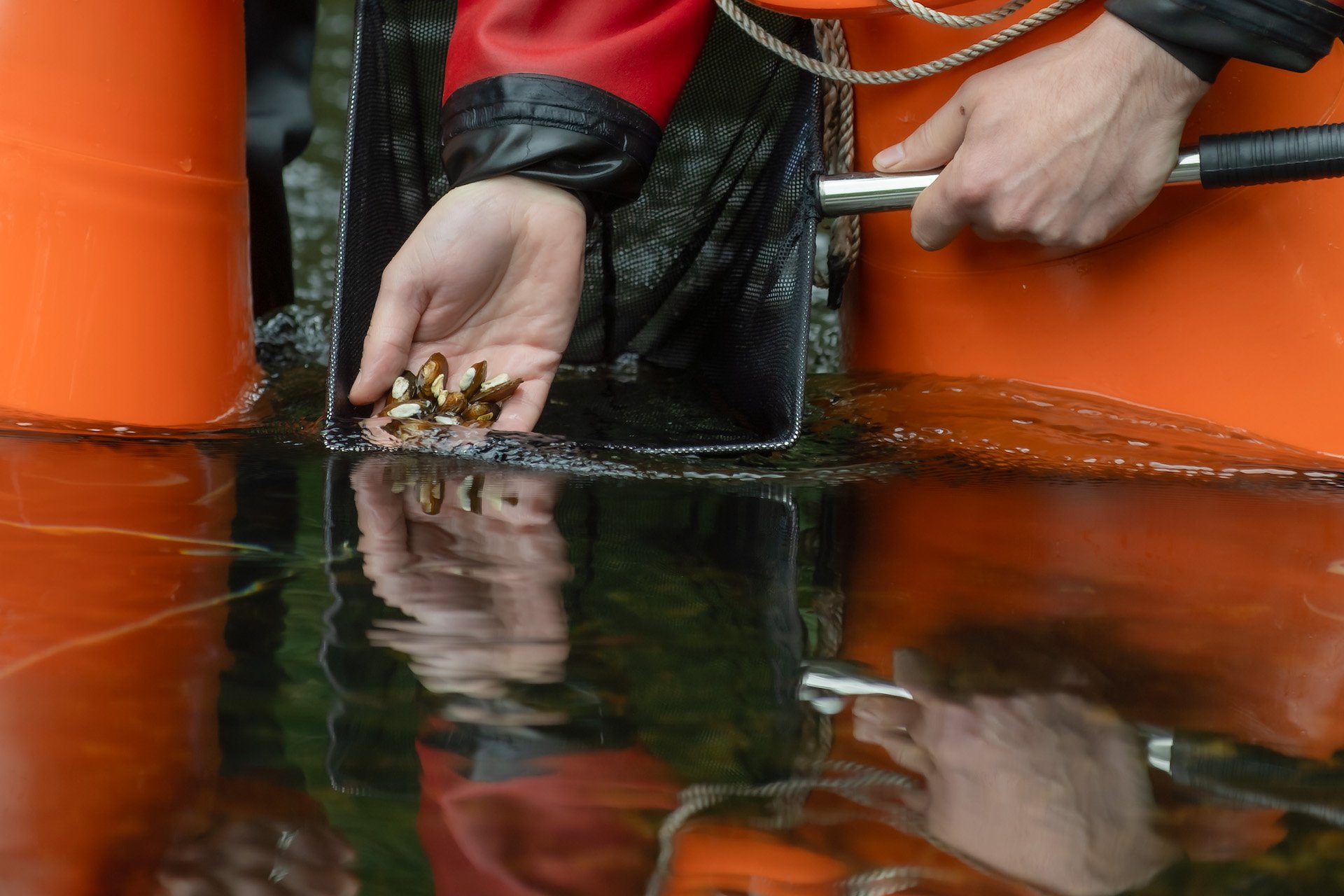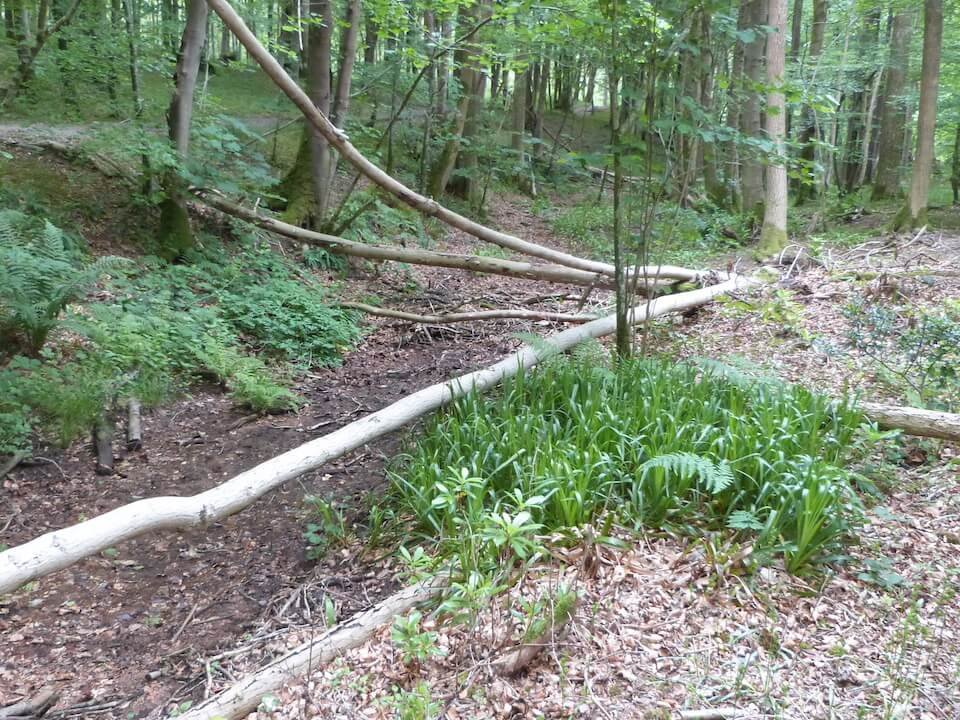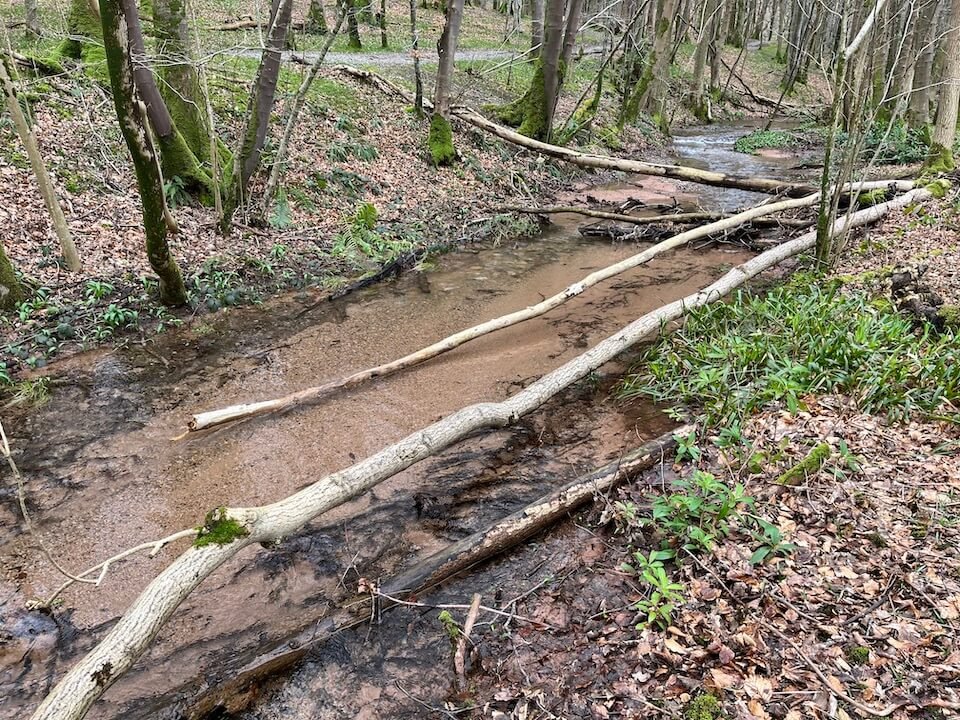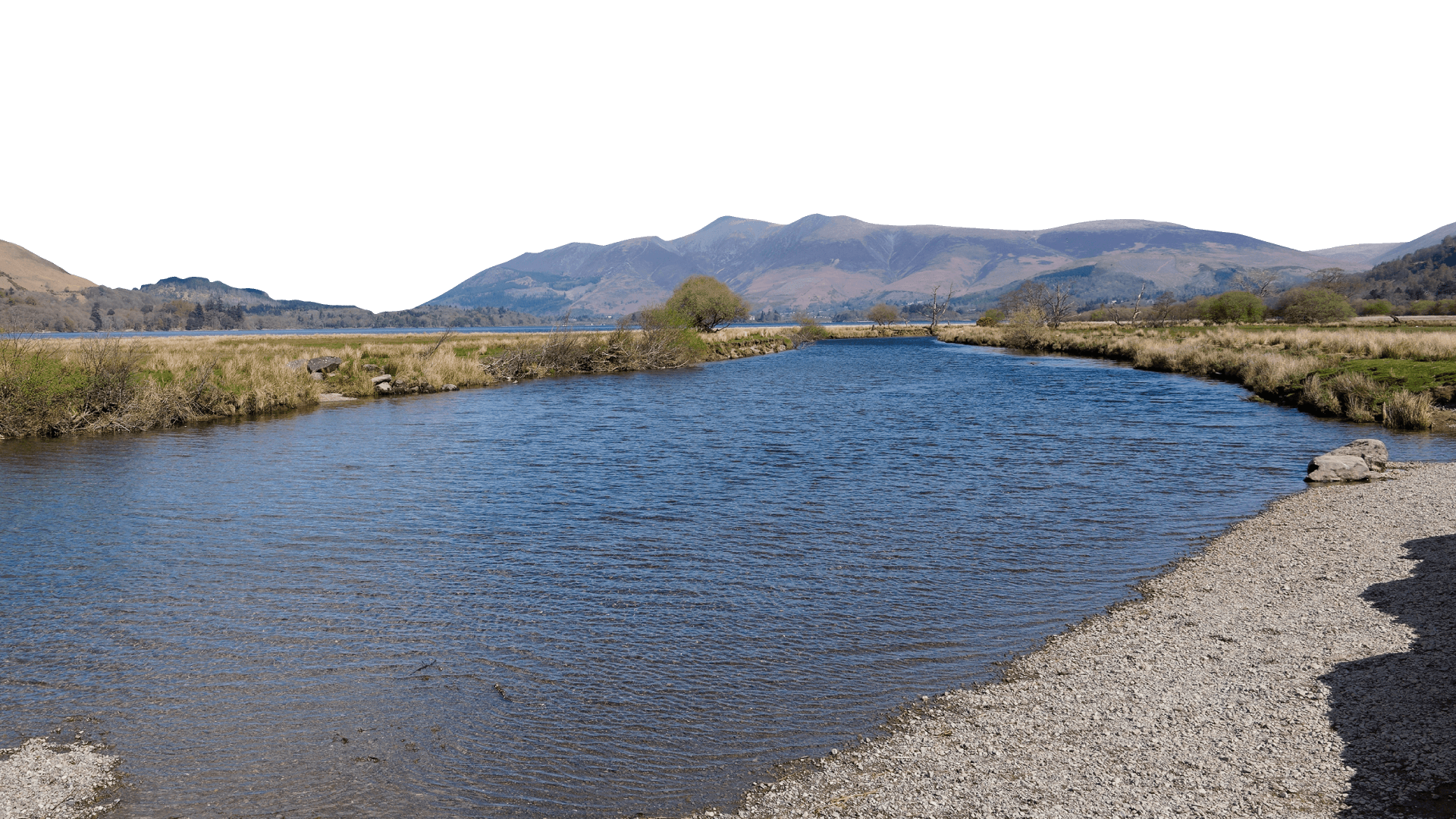
River Irt
The River Irt is located in the Wasdale valley in West Cumbria, it is 22km in length and flows out to sea at Ravenglass. Since 2015 we have been working on the River Irt with farmers, landowners, partner organisations, local community groups and volunteers to improve the habitat of the river for freshwater mussels and the fish that are essential to their survival.
Our work on the River Irt primarily focuses on habitat restoration, with special emphasis given to allowing the river to function as naturally as possible. Examples of this include establishing a corridor of trees along the river, restoring connectivity to the floodplain or former channels, restoring areas of wetland and removing artificial structures.
To ensure we prioritise our efforts in the best place, we undertake habitat, fish and freshwater mussel surveys to better understand the existing populations and the conditions within which they live.
Mussels in the River Irt have historically been in severe decline, however, through concerted efforts, the prospects for the population are beginning to improve.
In 2015 the River Irt was home to a very small, aged population of freshwater mussels of between 300-500 individuals. There was no evidence of any recent reproduction. As a result, the population was at risk of extinction if nothing was done. One of the principle reasons for the lack of reproduction was the degraded quality of the riverbed within which the mussels bury.
Mussels are indicators of pristine water quality, so if a population is at risk, it’s a warning that the health of the river is not as good as it has been in recent history. Find out more about these extraordinary creatures here.
Shell shapes differ between populations; those from the river Ehen are kidney-shaped while those from the river Irt are larger and more rounded. This could be because of genetics or local conditions (or a combination of the two!)
Freshwater Pearl Mussels need host fish in order to reproduce. Both the Ehen and Irt are quite unusual in England as their favoured host fish are salmon rather than trout.
In 2017, together with our partners at the Freshwater Biological Association (FBA), we undertook our first trial release of 70 juvenile mussels. These mussels were closely monitored to learn from the release process and to ascertain how well they settled into their new home.
Using this information, we have released a further 2400 juvenile mussels into the River Irt. The release of these mussels, together with more we plan to release over the coming years, will continue to build the population up to a more sustainable level. These releases, together with the ongoing habitat improvement works that seek to address the reasons for the lack of wild reproduction, are setting the population on the road to recovery in the longer term.
Our work on habitat improvements will also benefit the critically endangered European eel and the endangered Atlantic Salmon as well as Brown Trout, River Lamprey and Otters.
In 2023 our team were delighted to see signs of reproduction for the first time since 2010, giving further evidence that the population is beginning to recover.
For more information, contact Project Officer Chris West.

Before

After
Project funders








